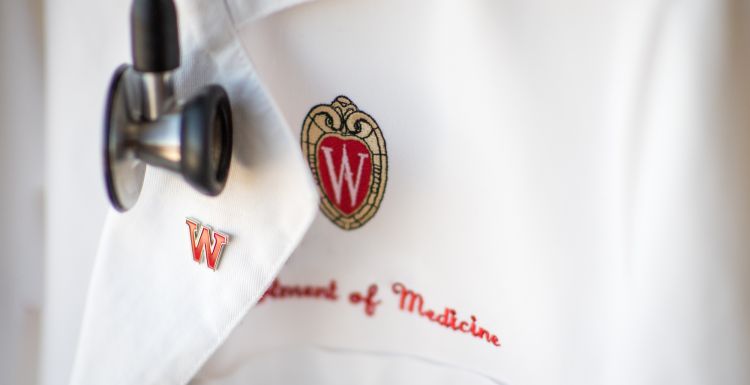In gratitude: 2017 Q4 gifts support the work of our members

Philanthropic support of the Department of Medicine enables us to pursue our mission with vigor. Our ability to advance the health of the people of Wisconsin and beyond through high quality, patient-centered care, innovative research, and education of the next generation of physicians is strengthened by these gifts, and we believe that it is important to recognize donors who have also committed to this shared mission.
Vital Signspublishes quarterly listings of donors who have contributed gifts of $10,000 or more to funds designated for research, scholarly work aimed at improving clinical care, or medical education in the department. (Anonymous donations may be omitted at the request of the donor.) We are deeply grateful to donors who have contributed during the fourth calendar quarter of 2017:
- A gift of $150,000 fromMr. Frank W. Bastian, Schoenleber Foundation Inc., Marjorie Siebert Aylen Foundation Inc., Alvin & Marion Birnschein Foundation, and Ellamae Siebert Foundationto support pilot grants and research training awards within the Stem Cell and Regenerative Medicine Center.
- Gift of $100,000 fromMr. George A. Mosherin support of research on interstitial lung disease byKeith Meyer, MD, professor, Allergy, Pulmonary and Critical Care Medicine.
- Virginia Lee Cook Foundation- An additional $15,000 to support the research of Didier Mandelbrot, MD, professor (CHS), Nephrology.
- Bill and Claudette Banholzer- $10,000 gift in support of the division of General Internal Medicine.
- William Garens- $10,000 in support of the James S. Vaughan Crohn's Disease Fund.
- An anonymous gift of $10,000 to support the Friends of the Cellular and Molecular Arrhythmia Research Program Fund.
To learn more about how philanthropy helps support work in the Department of Medicine or to inquire about giving options, please contactPete Schmeling, CFRE, senior director of development. Mr. Schmeling is available for consultations with division members and individual faculty about best practices in medical philanthropy.